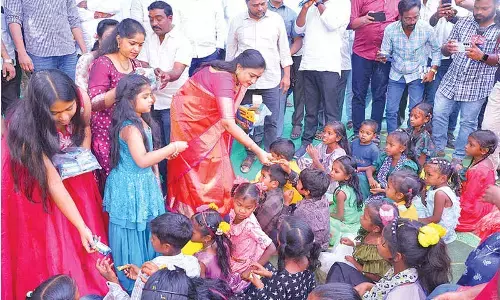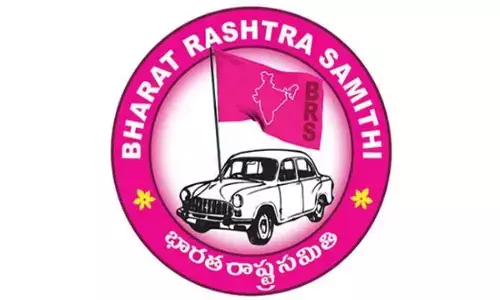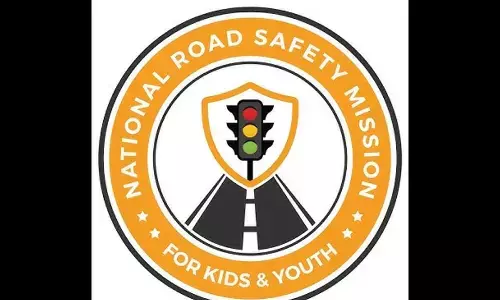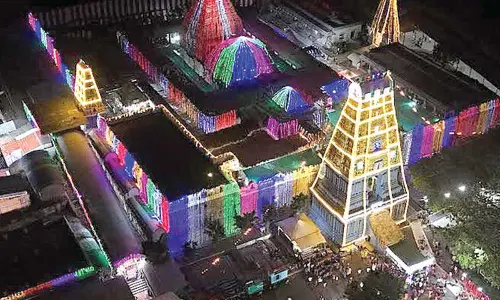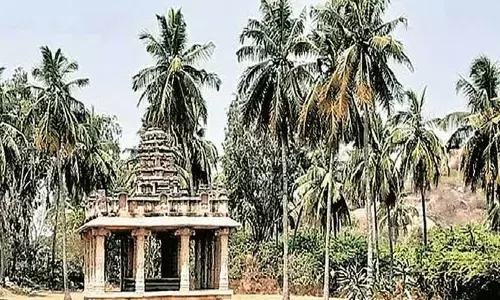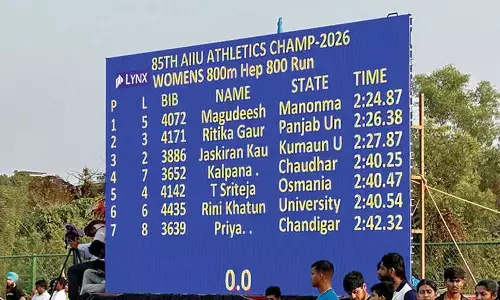Rapes in India - whose failure is it any way?
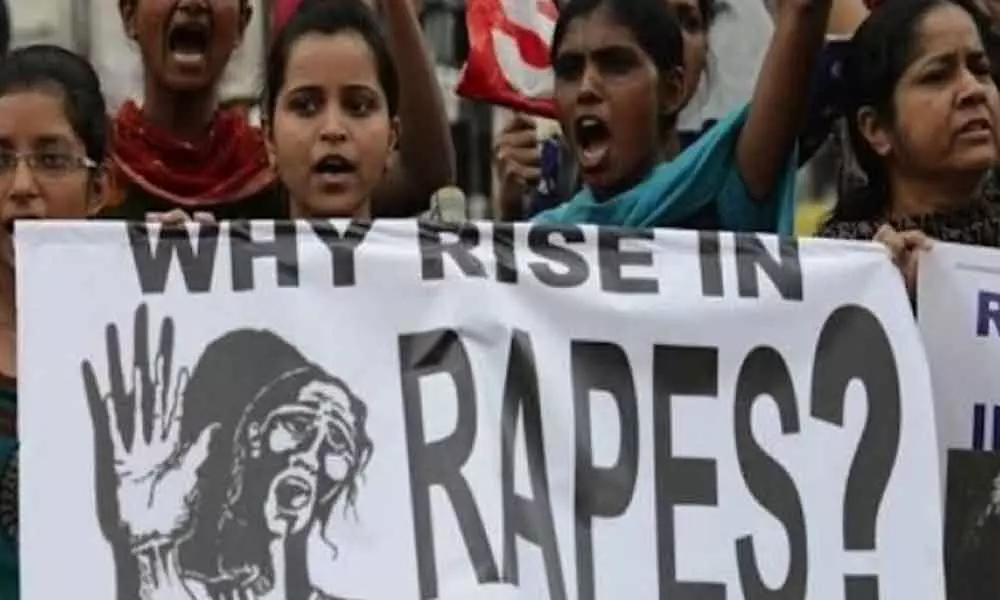
When the entire country, with no exception mourned the loss of a young life, why is it that only half of them celebrated the death of the rapists? Why was the other half outraged by the encounter? Were they not relieved that justice was delivered?
When the entire country, with no exception mourned the loss of a young life, why is it that only half of them celebrated the death of the rapists? Why was the other half outraged by the encounter? Were they not relieved that justice was delivered?
Who is right here? Whose emotions can be justified? This is one case that had the entire nation tossed into a roller coaster of emotions. From law makers, film stars to industrialists suggested 'lynching' to 'mob justice' and to hear someone as rational minded as Anand Mahindra saying he will play the 'hangman' if required amply proves the extent of outrage !
As someone who is not a fan of encounters myself, why did I feel a sudden rush of relief when I heard about it? Why did I inadvertently thank god for the instant justice. Whatever made me shun sanity, albeit for a short while?
Is it because of the terrible track record of justice delivery system in this country?
Indian judiciary and delivery of justice
After the 2012 horrific Delhi gang rape (Nirbhaya) India launched fast-track courts and a tougher rape law that included the death penalty. But statistics show that since 2012, reported rape cases climbed 60 per cent to around 40,000 in 2016, with child rape case alone accounting for about 40 per cent.
According to the National Crime Records Bureau data, the backlog of rape cases pending trial stood at more than 133,000 by the end of 2016! In each year during that period, about 85 per cent of the total rape cases being heard remained pending. Which means only a paltry 15 per cent were heard and of those that were heard, the conviction rate remained a mere 25 per cent!
In general, conviction rates for crime against women — deaths following demands for dowry, assault, kidnapping as well as rape are much lower than for most other crimes.
The last time a rapist-cum-murderer was hanged was on Aug 14, 2005! Since then, not a single death penalty has been executed for any such convict. Currently, there are 426 convicts awaiting execution!
But does this bad track record of judiciary justify encounters?
Police Justice: Justified?
While the nation waited in bated breath for justice it hyperventilated to the reality of the encounter deaths of the accused while in police custody.
Even as the National Human Rights Commission (NHRC) deputed a fact-finding team to Hyderabad to probe the killings, overnight Telangana police became national heroes and the CM of the state the undisputed strategist!
Notwithstanding implications of IPC section 302 (where the police can be implicated for murder) and the Supreme Court ruling that if the police falsely implicates any one they are liable to pay compensation, the Telangana police shot the suspects at the crack of dawn.
If Indian police has to be seen, implicating innocent people and not detecting and arresting the real culprits has been one of the major drawbacks of the Indian policing. In most cases the real criminal goes scot free whereas the innocent as a result of the faulty investigation suffers for the sin he has not committed.
According to National Crime Records Bureau (NCRB), in 2014, 99,30,625 criminal cases were tried in Indian courts, of which trial of 13,41,386 was completed. In 55 per cent of the cases tried, the accused were discharged or acquitted! Such figures amply prove police tendency to file false and fabricated cases resulting in acquittal or exoneration.
Studies show that Indian police even after 70 years after the independence has failed to shed it 'colonial' garb and remained quite unfair towards common man. The phenomena of false arrests by police resulting in wrongful conviction, custodial violence, extortion, corruption and inflicting torture to extract confession have become the accepted, nightmarish, realities of India.
This disease of false implication has become so rampant that the people in general instead of mustering courage to complain and fight against it are helplessly accepting it as part of life.
Even today, sadly, the police force follows a rigid, unilinear hierarchy, with all the trappings of pomp and power. They often behave as the private armies of the new masters.
Coming to Telangana, the crime rate is quite high – it stands 5th among the 22 states rated and the disposal of cases by courts is way less than India's average of 0.7. Given this the state has to get its police force into order.
Some questions...
Why was FIR not registered immediately when Disha's parents approached the police. Why was the police not responsive? Why did they suggest that Disha eloped? Why were 'license less' drunk rapists not nabbed before?
Is it because Centre's MV (Motor Vehicle) Act is not implemented in the state? What happened to police patrolling in the crime area and why were streets dark with no streetlights?
For the common man, the police are the most visible face of the state. A ruling government is called a 'failed state' if it is unable to control law-and-order, but when it uses repression as the instrument of control, it is condemned as a 'Police State.' Now I will allow readers to draw their own conclusions on whether Telangana is a failed state or a police state!
(Writer is BJP leader, President, Futuristic Cities, Global Thought Leader, Advisor on Smart Cities, Governance & Policy)








